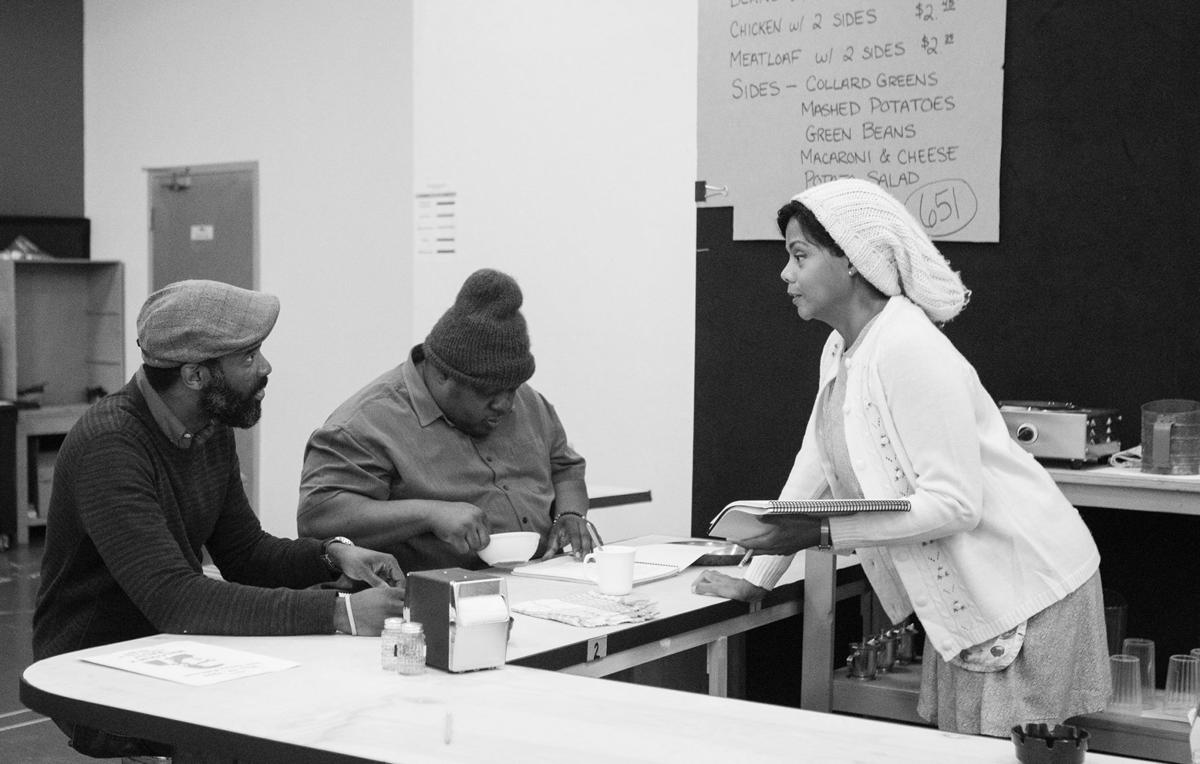When it comes to August Wilson’s plays, Lou Bellamy is a bit of an expert.
He knew the late playwright and has directed most of his plays, some several times. He guesses this is the sixth time he has directed “Two Trains Running,” which Arizona Theatre Company opens in previews Saturday, Jan. 19.
Penumbra Theatre, the St. Paul, Minnesota, company Bellamy co-founded and heads, claims to have produced more of Wilson’s plays than any other theater.
And he feels a special kinship with “Two Trains,” which takes place at a cafe in Pittsburgh’s Hill District. The run-down neighborhood is on the brink of gentrification and displacing the businesses and families who have long called the area home.
“My mother ran a bar called the Ebony Lounge and I worked there and the characters that used to frequent that place — you can’t believe how well August captured the verve and zest they had in this piece,” says Bellamy in a phone interview before a recent rehearsal.
This is the seventh in Wilson’s Pittsburgh Cycle — he wrote 10 plays that captured the African-American experience in each decade of the last century. “Two Trains” takes place in the ’60s, when cities around the country were tearing down old, established neighborhoods in the name of urban renewal. The Black Power movement was on the rise, as was urban unrest.
The play unfolds in a cafe owned by Memphis Lee, who knows the place is destined for destruction but he’s holding out for as much money as he can get. The changing times not only impact him and his cafe, they impact the lives of those who gather there regularly.
One of Bellamy’s goals is to make the audience feel part of that cafe crowd.
“Every member of the audience should want to sit in that restaurant, should want to be up there,” he says. “If we are successful in doing that, then you have gone past any sort of construct, you’ve made (the characters) human beings.”
When that happens, he says, the African-American experience Wilson writes about becomes a universal experience; we see ourselves in those characters.
“I think,” says Bellamy, “that’s when theater is the greatest.”





